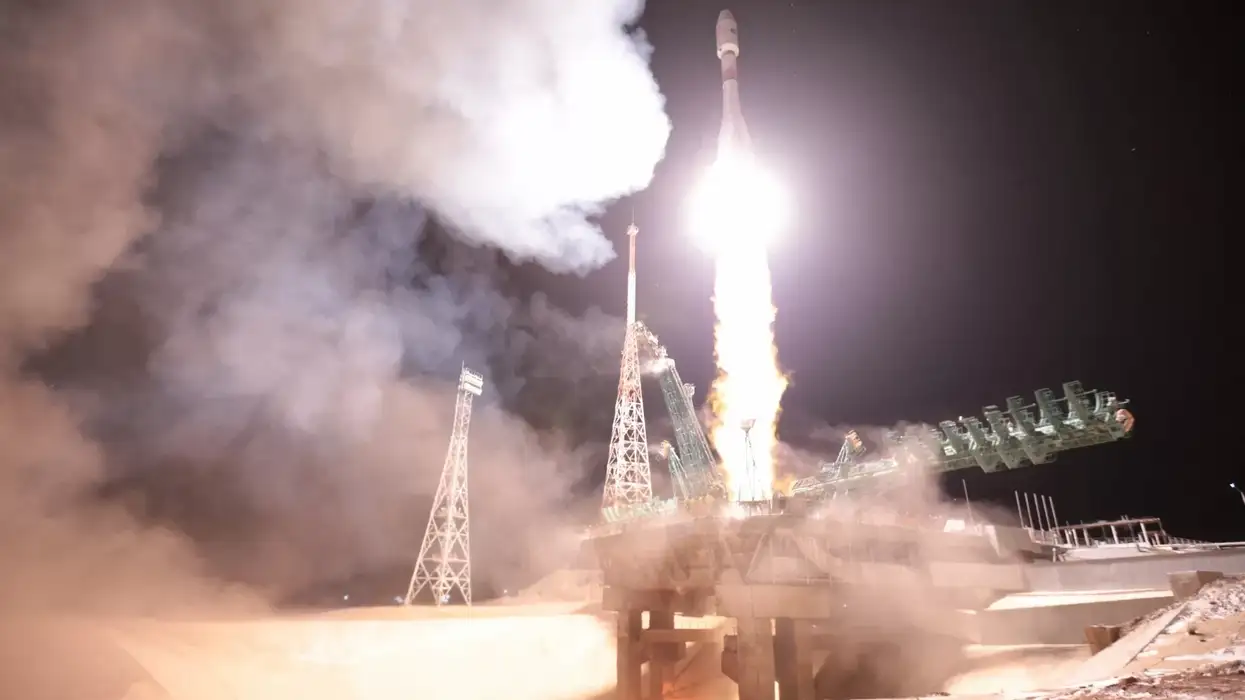Oneweb has largely given up on trying to retrieve satellites worth $50 million in a dispute related to the Ukraine conflict, the Bharti Enterprises-backed satellite operator's chief executive said.
The company will launch from India the final batch of satellites needed to complete its global network on March 26 and said it expects to begin global service for new government and enterprise customers shortly after.
In March last year, the firm in which the UK government is a shareholder, cancelled a planned launch of 36 broadband satellites aboard Russia's Soyuz rocket after Russia's space chief halted the mission in the wake of Moscow's invasion of Ukraine.
Dmitry Rogozin said at the time that his agency wanted OneWeb to provide guarantees that its satellites were not going to be used against Russia. Western sanctions following the invasion have impacted Moscow's space industry, and Rogozin also demanded that Britain sell its stake in OneWeb.
OneWeb refused to oblige and cancelled all its future Soyuz launches. But it has been unable to retrieve the satellites from their Soyuz launchsite at the Russia-owned Baikonur Cosmodrome in Kazakhstan. The satellites are worth a combined $50 million, OneWeb chief executive Neil Masterson said Tuesday (13).
"I spend no time thinking about it. We've completely moved on," Masterson said, deferring any future retrieval efforts to government authorities. "There is value getting them back, but I can tell you that I'm not getting them back any time soon."
The dispute was a temporary setback to OneWeb's plan to create an initial constellation of 588 satellites to provide global broadband coverage, forcing the company to quickly secure new rocket agreements with the Indian Space Research Organisation and SpaceX.
OneWeb, which manufactures at least two satellites per day, had another batch of 36 satellites ready for launch soon after cancelling Soyuz, Masterson said. "The bigger issue for us was not so much the satellites, it was securing the launches," he said.
Asked if Russia's custody of the commercially sensitive technology raises security or competitive concerns for OneWeb, Masterson said: "It's not a material problem."
Even if Russia were to reverse-engineer the satellites, it would pose no threat to the business, Masterson said, citing the company's extensive supply chain, spectrum access, and other foundations of the satellite network.
(Reuters)
Ukraine war: OneWeb 'moves on' from Soyuz-stranded satellites
The company will launch from India the final batch of satellites needed to complete its global network on March 26




